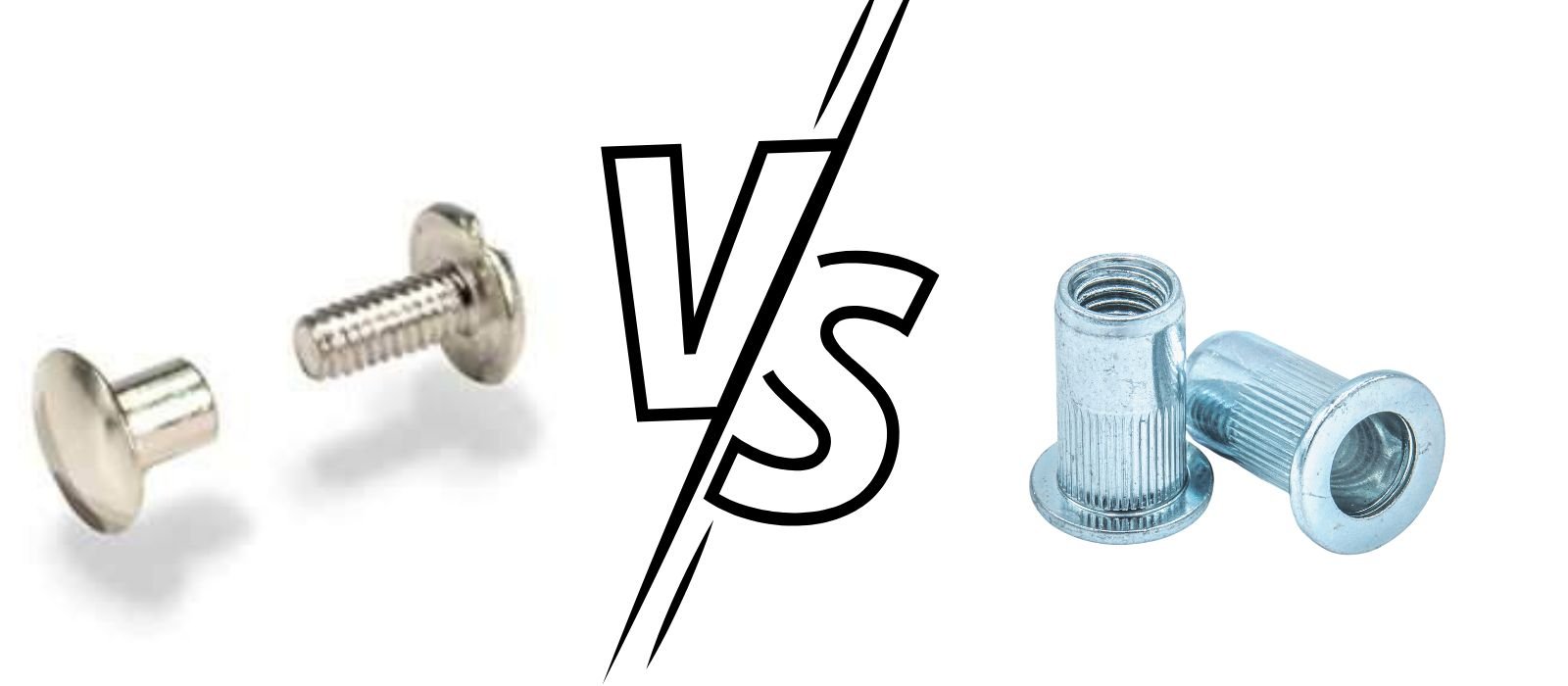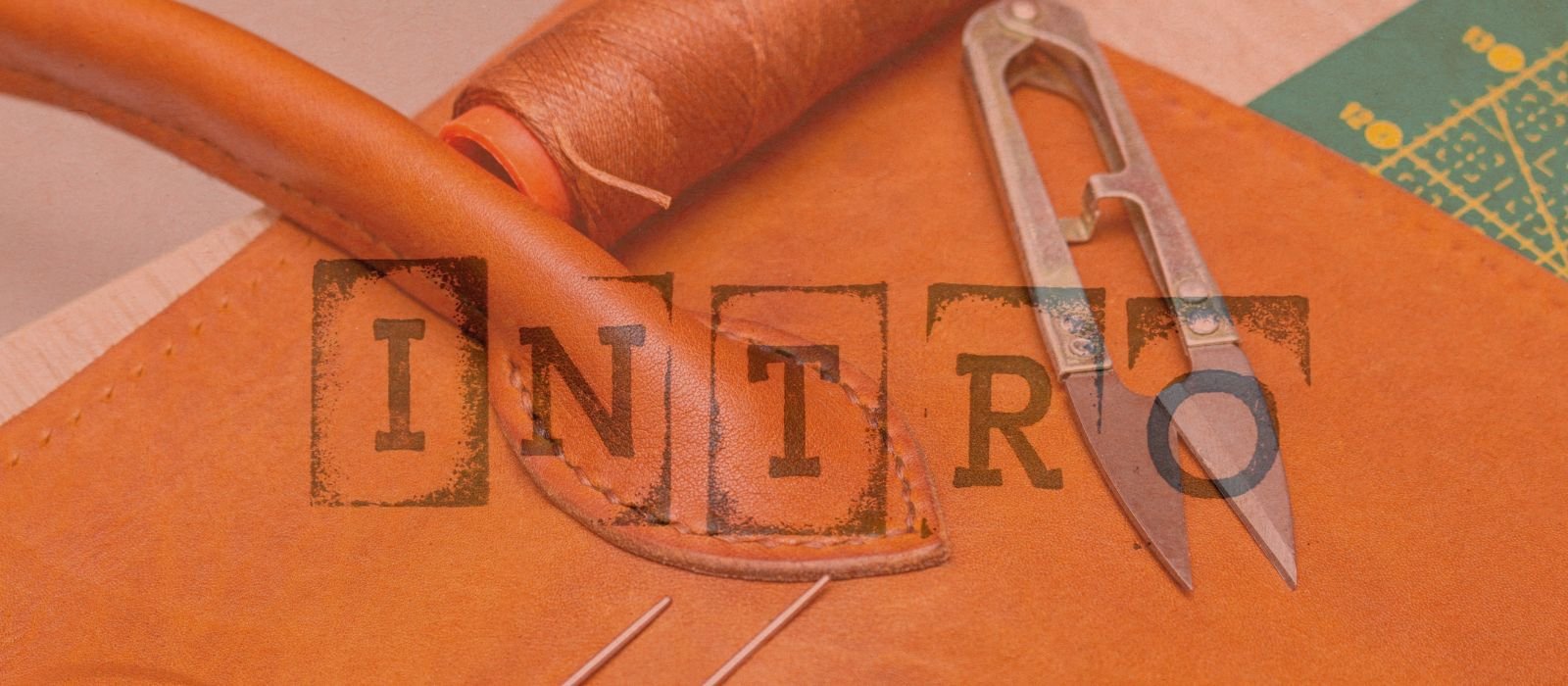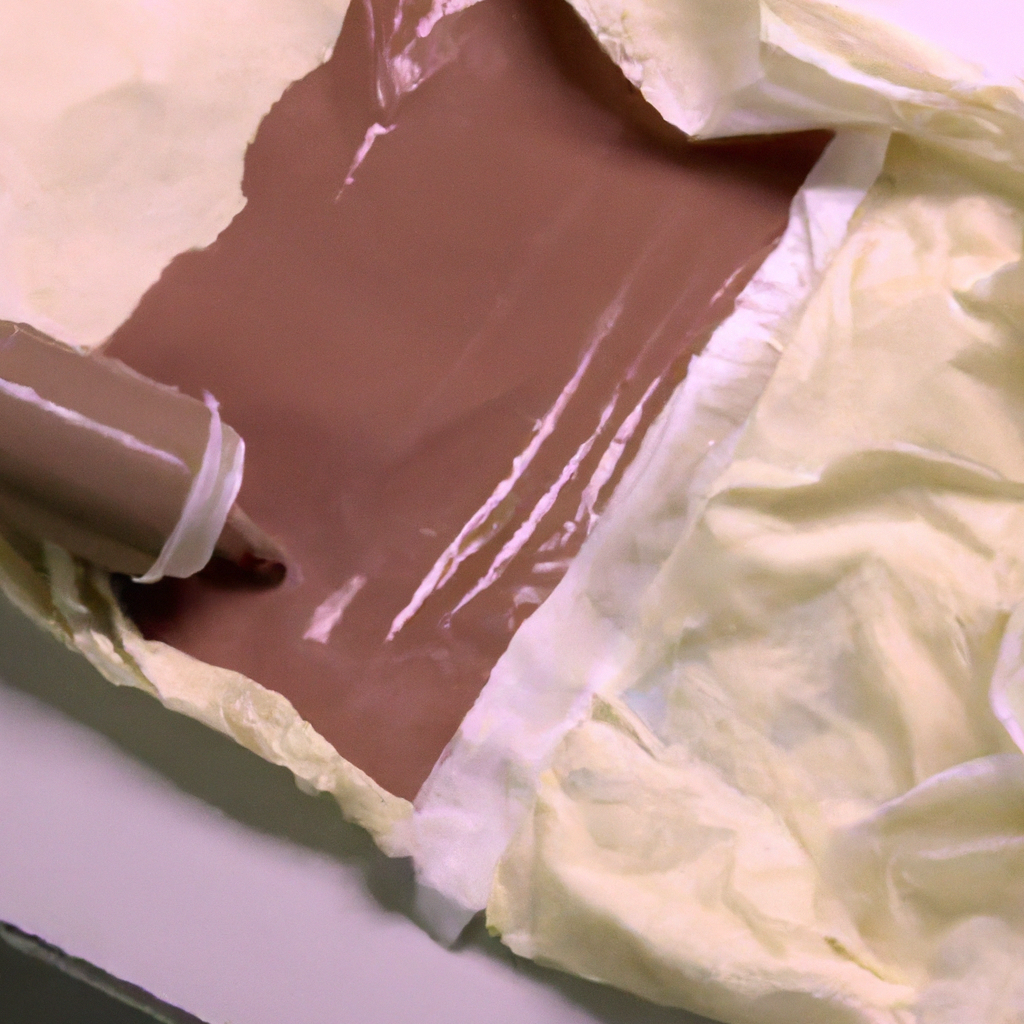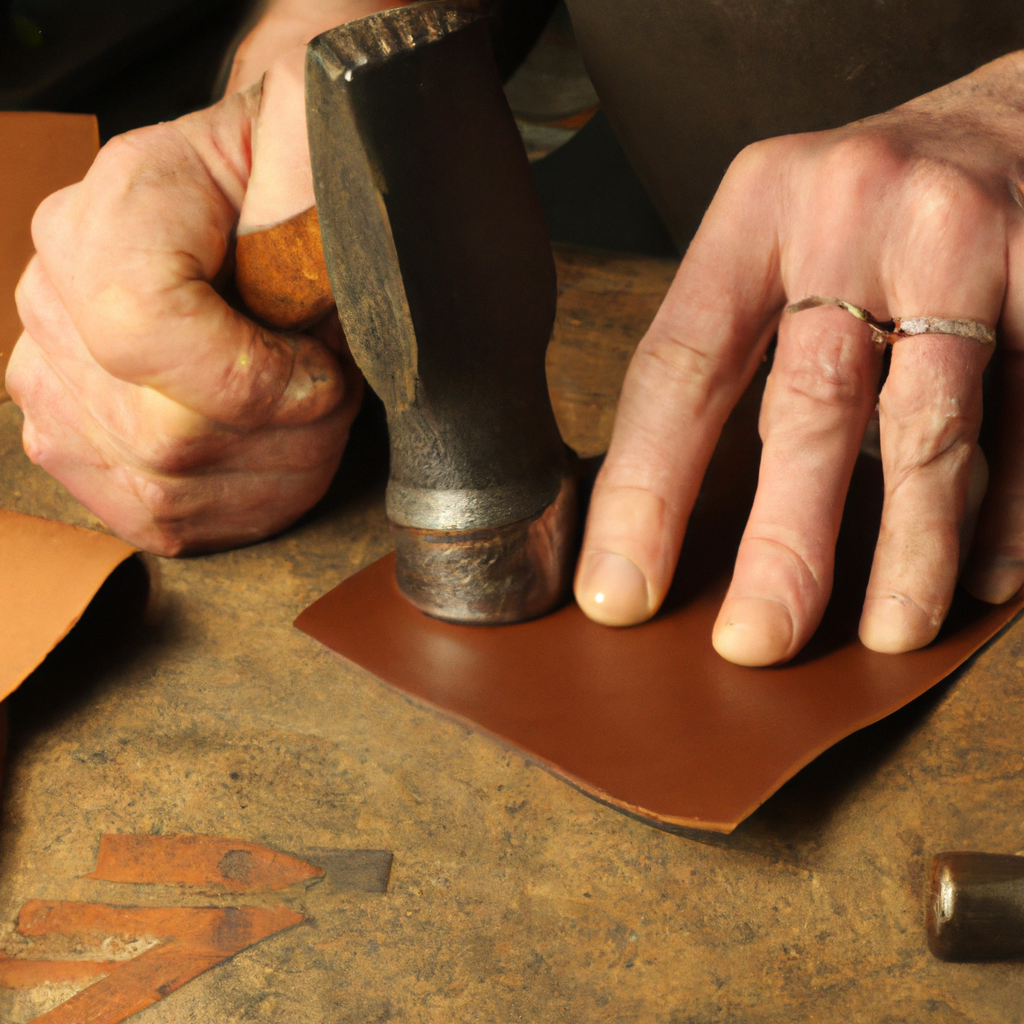Introduction to Chicago Screws and Rivets
Are you a crafter looking for a way to add an extra touch to your projects? Are you a small business owner searching for the best way to combine two pieces of material? If so, then we’ve got just the thing. In this blog post, we’ll compare Chicago screws vs rivets and explore the benefits of each. Read on to find out more! Chicago screws and rivets are standard fasteners used to join two or more materials. Chicago screws consist of two parts, a male and a female, that screw together to secure the materials. Rivets are also two-part fasteners, but they are designed to be clinched together rather than screwed. Both Chicago screws and rivets offer strength and durability but have different advantages and disadvantages. Knowing the differences between these fasteners is essential to choose the right one for your project.Advantages of Using Chicago Screws
One advantage of using Chicago screws is that they are much easier to install than rivets. They do not require special tools and can usually be installed simply by hand. This makes them an excellent choice for DIY projects or those needing access to specialized tools. Furthermore, Chicago screws are a much more versatile option, as they can be reused and removed as many times as necessary without damaging the material. Finally, they come in various sizes and materials, so you can easily find a suitable fastener for your project.Disadvantages of Using Chicago Screws
Chicago screws may be relatively more expensive than rivets, requiring more frequent tightening or replacement. Unlike rivets, which use a clinching process, Chicago screws use threads which can become worn down over time, reducing their reliability. Additionally, the hole requirements for Chicago screws are less tight than rivets, making them less suitable for specific applications. Finally, Chicago screws may not be able to keep seams as tight as rivets.Advantages of Using Rivets
Rivets are ideal for fastening applications requiring a robust and reliable joint, even in high vibratory conditions. They are highly cost-efficient and provide a permanent solution for assembly projects. Rivets are easy to install with minimal effort and require no special tools, making them an excellent choice for DIY projects. Additionally, rivets offer the option of press fit installation, eliminating the need for screws and other fasteners. Rivets also provide superior corrosion resistance, making them an ideal solution for outdoor or marine applications.Disadvantages of Using Rivets
Rivets offer a secure, reliable fastening solution, but they have drawbacks. Rivets are permanent once installed, making them unsuitable for applications that require frequent disassembly and reassembly. Additionally, rivets need more space for installation than other fasteners, such as Chicago screws. Rivets also require a higher clamp length than other fasteners, making them difficult to use in tight spaces. Finally, rivets are static and cannot handle much vibration or shock. For these reasons, it is essential to consider the application and choose the fastener accordingly.Uses for Chicago Screws
Chicago screws are a versatile and reliable fastener, often used in tailoring and leatherworking. They can connect the headstall and bit of a horse harness or secure a rifle sling so that it can be adjusted or removed quickly and easily. They are also commonly used to hold the chape end of a belt closed, so the buckle does not fall off. Due to their strength and durability, Chicago screws are an ideal choice for belts, wallets, handbags, luggage, and other items that require a secure connection. In addition, they are relatively easy to install and remove, making them an excellent choice for projects that require frequent adjustments.Uses for Rivets
Rivets are versatile fasteners that can be used in many different applications. It can hold two or more pieces of material together, such as leather and fabric. They are also commonly used in saddlery, tailoring, furniture, and solar panel manufacturing. Rivets provide a strong and secure hold and can be used for decorative and functional purposes. They can also be used for repairs, such as belt repairs, bookbinding and diy arts and crafts. When selecting a rivet for a project, it is vital to consider the material, application, and strength requirements to ensure that the correct fastener is chosen for the job.Tips for Choosing the Right Fastener
When choosing a suitable fastener for your project, it is important to consider some factors. From the material used to the application and installation requirements, selecting the best option based on strength and durability is important. Depending on your needs, Chicago screws and rivets are excellent choices for fastening materials together. When deciding between them, consider the material, application, and installation requirements. Additionally, consider strength requirements when selecting a fastener to ensure it will hold up over time. There are many quality options available from trusted suppliers that can help you make an informed purchase decision.Consider the Material
When choosing a suitable fastener, a significant consideration is the material used. Chicago screws and rivets are ideal for softer materials like plastic, fibreglass, or wood. However, machine screws are better suited for heavier materials such as metal or stone, while nails are best used on wood. It is crucial to ensure that the type of fastener you choose is compatible with the material you are working with. Additionally, finely threaded bolts are better suited for materials that can withstand more pressure or tension. Taking the time to consider the material used can help you select the correct type of fastener for your project.Think About Application
When choosing a suitable fastener, it’s essential to consider the application. For example, Chicago screws are best suited for casual belts as they are typically broader and can accommodate the screws more easily. On the other hand, rivets are an ideal choice for use in high vibratory conditions as they create a solid and reliable joint. Whether you are using screws or rivets, make sure that you have the correct fastener for your application to ensure its success. Additionally, fasteners come with either coarse or fine threads, so it’s important to assess which type of thread best suits your needs.Examine Installation Requirements
Examining the installation requirements of a fastener is an essential step in selecting the right one. Fasteners can be installed in various ways, such as with screws, rivets, or tape. Installing a rivet requires the material to be thickened or bucked, while Chicago screws can be installed without the need for tools. Additionally, some fasteners require a specific installation procedure to ensure they remain secure and slip-resistant. Knowing the installation requirements of each type of fastener will help you choose the most appropriate one for your application.Assess Strength Requirements
When assessing the strength requirements for a project, it is important to consider the expected loading conditions on the fastener. High-strength bolts such as A325 and A490 can produce consistent preloads, while rivets provide economical and reliable fastening. Consider the material’s proof load, yield strength, and tensile strength to determine appropriate fasteners for your application. Additionally, critical operating parameters such as set force, die profile and rivet shape should be considered to achieve an acceptable joint. Consider the intended application and expected loading conditions when choosing a Chicago screw or rivet for your project.Where to Buy Quality Fasteners
When buying quality fasteners, you want to be sure that you get the best products for the job. There are many places to purchase Chicago screws and rivets, including online stores, hardware stores and specialist shops. Online stores usually offer a wide range of options at competitive prices, while hardware stores and specialist shops may have more specific offerings. It is important to read customer reviews and research before purchasing, as this will ensure you get the best quality product for your needs. Additionally, when buying online, ensure that the store is reputable and offers a good returns policy in case you need to exchange or return the product.Which Leather Brand Is Best for Chicago Screws and Rivets?
When it comes to Chicago screws and rivets, choosing the right leather brand is crucial. In a wickett and craig comparison, their high-quality leather stands out for its durability and smooth finish. Wickett and Craig’s leather is highly recommended for Chicago screws and rivets due to its superior quality.








